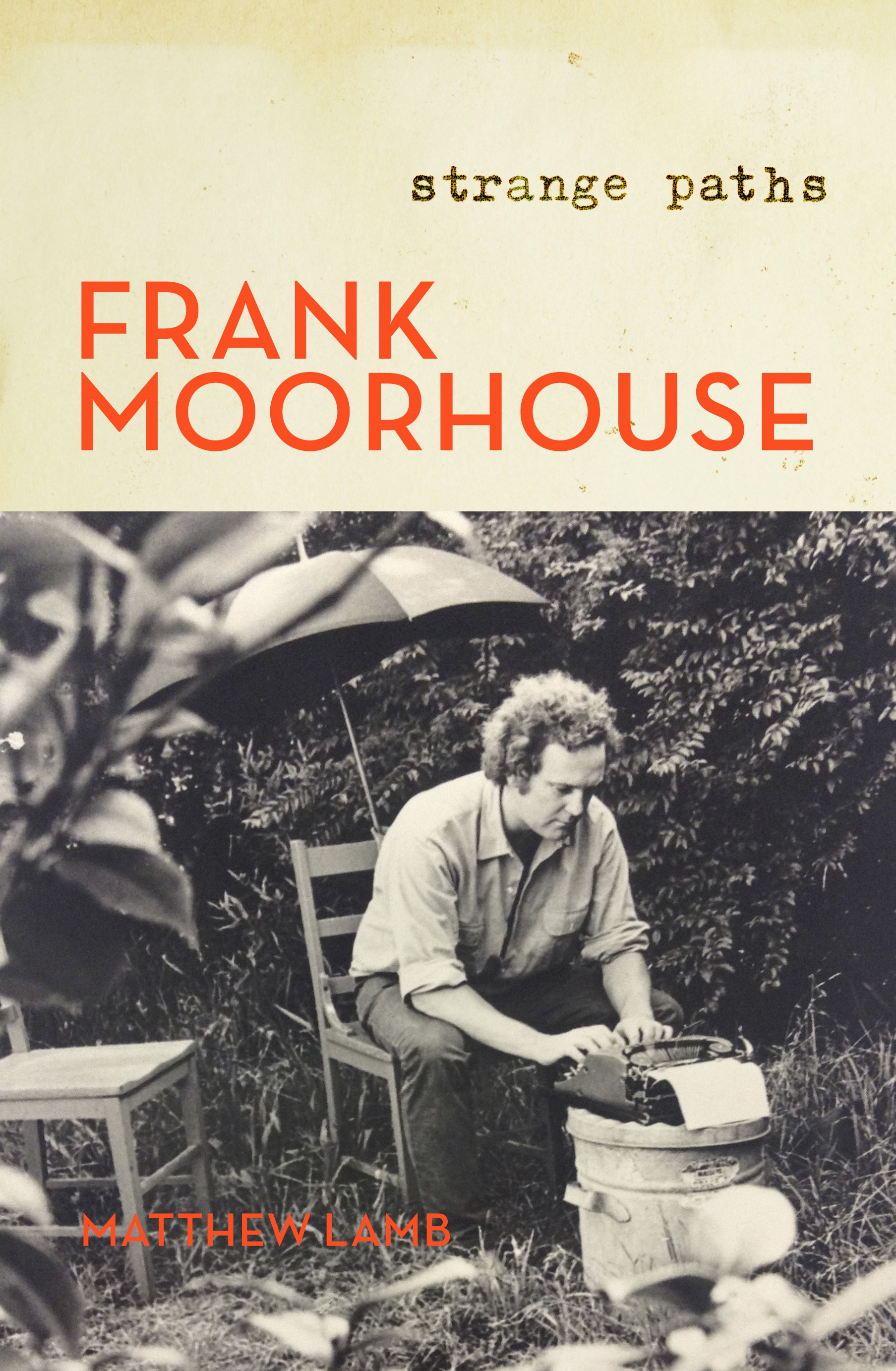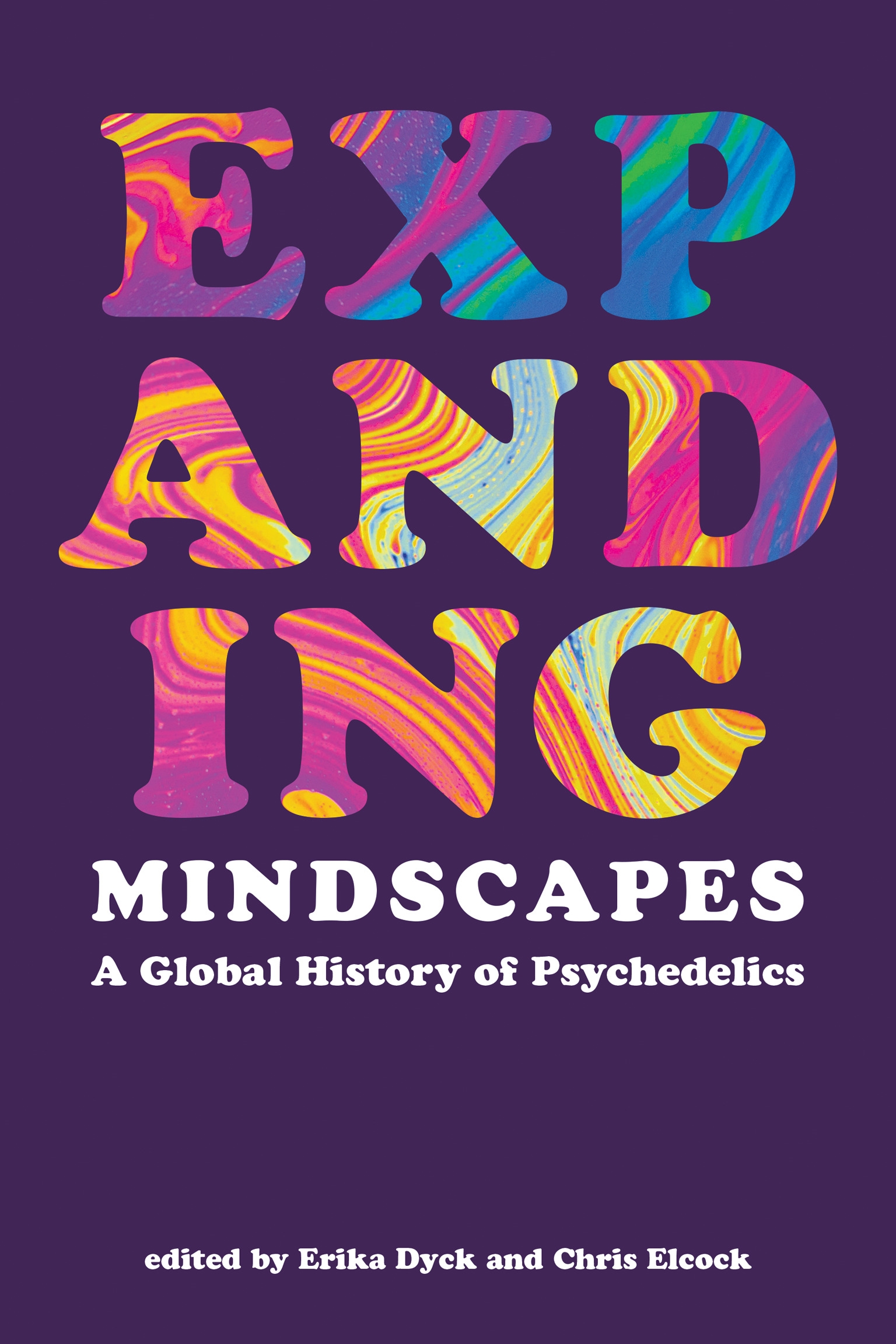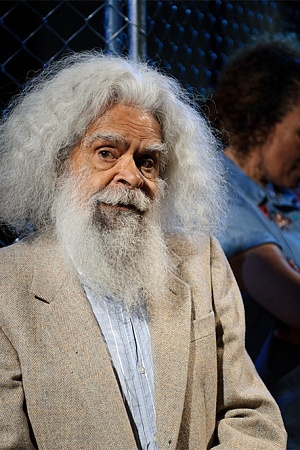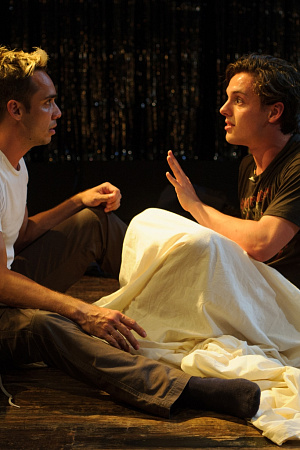An Enemy of the People (Belvoir St Theatre) ★★★1/2
Henrik Ibsen’s An Enemy of the People is both one of his most approachable and most challenging plays. The plot is universal: an individual attempts to force his community to face an uncomfortable truth and is pilloried by his neighbours. The play can be and indeed has been set in whichever country it is being performed. The challenge comes from the stand Ibsen’s protagonist takes and the precept Ibsen presents.
In 1882, Ibsen was still reeling from the commotion that had been caused by his two previous plays, A Doll’s House (1879) and Ghosts (1882), the latter especially. He expected the condemnation of the conservative factions but was surprised and angered by the lack of support from the more left-wing publications. Writing to his friend and acolyte Georg Brandes, he said: ‘What is one to say of the attitude taken by the so-called liberal press? These leaders who talk and write of freedom and progress, and at the same time allow themselves to be the slaves of the supposed opinion of their subscribers?’ This led him to a distrust of populism and, further – this is where the play becomes challenging – to a contempt for majority opinion. To the novelist Kristopher Janson, he writes: ‘What is the majority? The ignorant mass. Intelligence always belongs to the minority. How many of the majority do you think are entitled to hold any opinion?’ And to Brandes again: ‘I say: the minority is always right … I mean the minority which forges ahead in territory that the majority has not yet reached.’ As Ibsen’s protagonist, Dr Stockman, puts it in the closing moments of the original play: ‘The fact is, you see, that the strongest man in the world is he who stands alone.’ With the concept of the uniquely talented individual battling hoi polloi, we are alarmingly close to Ayn Rand territory here.
Continue reading for only $10 per month. Subscribe and gain full access to Australian Book Review. Already a subscriber? Sign in. If you need assistance, feel free to contact us.








